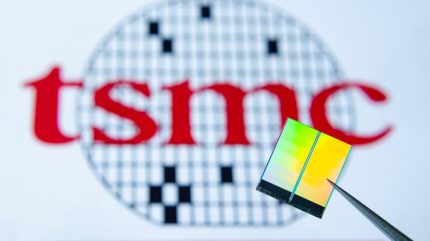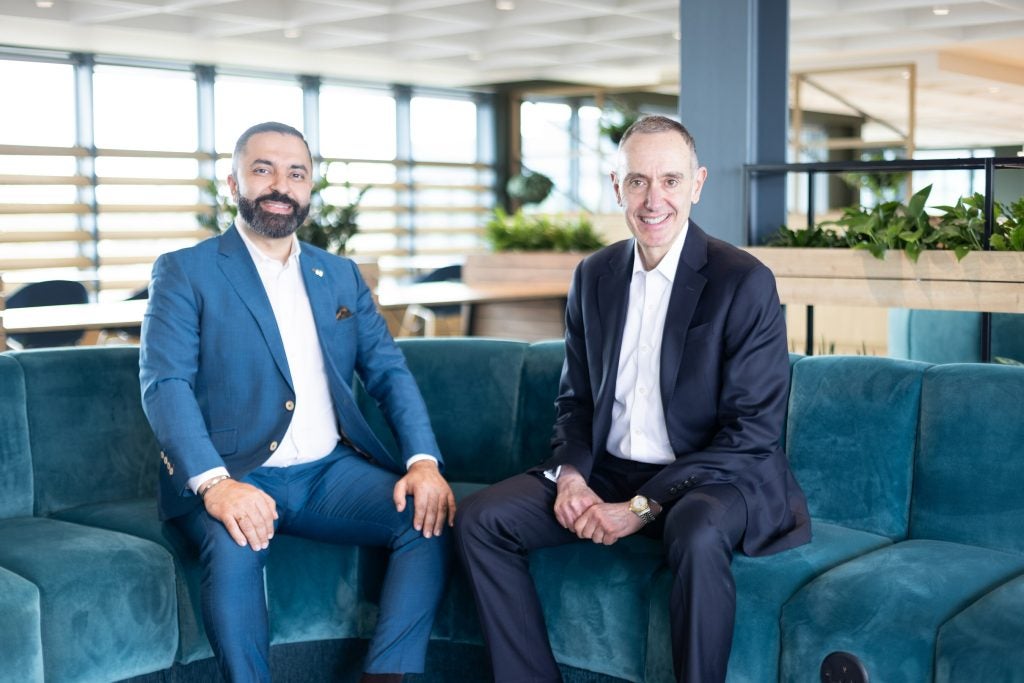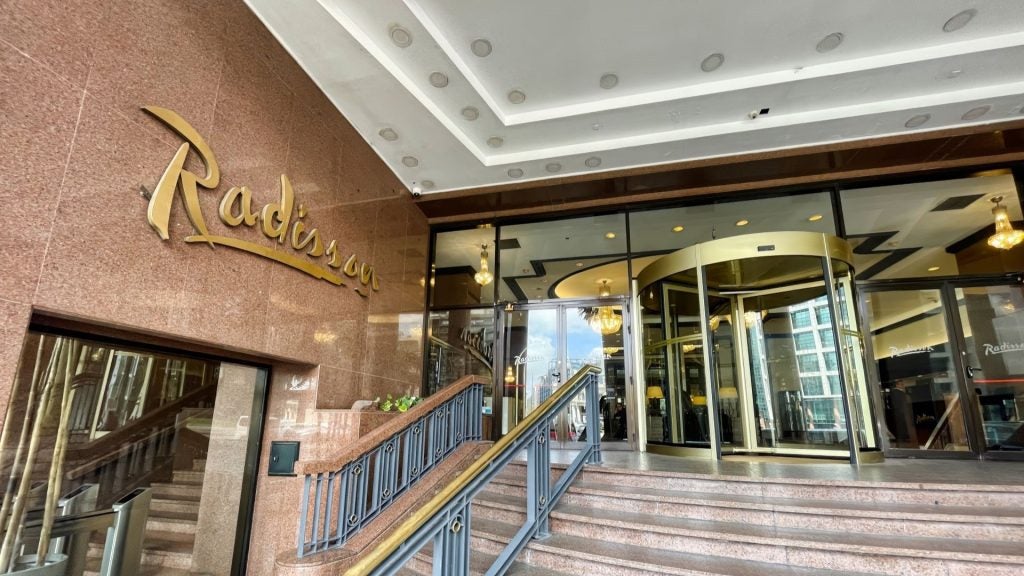
Each week, Investment Monitor’s editors select a deal that illustrates the themes driving change in our sector. The deal may not always be the largest in value or the highest profile. We select it because of what it tells us about where the leading companies are focusing their efforts and why, or which locations are attracting investment. We pick apart the deal itself and the industry theme behind it. This thematic deal coverage is driven by our underlying disruptor data, which tracks all major deals, patents, company filings, hiring patterns and social media buzz across our sectors.
The deal
Taiwan-based semiconductor manufacturer TSMC – the world’s largest chipmaker – has announced it will invest more than €10bn (T$350.03bn) in Dresden, Germany, to build and operate a microchips plant, its first foray into Europe.
Why it matters
In the past, Investment Monitor has described TSMC as “arguably the world’s most popular company among policymakers“, so there will have been many pats on the back being handed out in Berlin in the immediate aftermath of the company’s announcement regarding the location of this project. However, there is much more to this deal than the headline figures.
This is a point picked up by Investment Monitor chief economist Glenn Barklie. “Minimising supply chain issues with regards to chip production and distribution is a key objective for many governments,” he says. “This has led to a push to attract foreign semiconductor companies to regionalise their production base. The EU Chips Act is proof of this. The German Government is rumoured to have offered as much as €5bn in subsidies to attract TSMC – that is half the project cost!”
However, in spite of factors such as Germany’s domestic market, its reputation for high-calibre talent and its existing clusters related to high-tech industries, winning over TSMC was not a foregone conclusion. “Concerns over Dresden’s ability to service the project with a high-quality workforce and equipment supply have been voiced,” says Barklie. “Germany’s labour productivity growth has remained relatively flat. Although it is more productive than the UK and France, it still lags neighbour Austria, the Scandinavian nations, Belgium, Ireland and the US.
See Also:
In spite of these issues, TSMC choosing Germany for this project was widely expected – but why Dresden? The city in the east of the country maybe lacks the glamour of a Munich or Hamburg, but it has recent form when it comes to attracting mega-investments in the semiconductor industry. In 2022, US-based GlobalFoundries announced plans to invest at least $1bn in a new facility in the city, and this just scratches the surface. "Dresden is known to be a hotbed for electronics and tech-based foreign direct investment [FDI]," says Barklie. "Earlier in 2023, US-based Applied Materials announced it was creating a new technology hub for semiconductor metrology and process analysis in the city. Meanwhile, another US company, Indie Semiconductor, opened its engineering centre of excellence there in 2022."
How well do you really know your competitors?
Access the most comprehensive Company Profiles on the market, powered by GlobalData. Save hours of research. Gain competitive edge.

Thank you!
Your download email will arrive shortly
Not ready to buy yet? Download a free sample
We are confident about the unique quality of our Company Profiles. However, we want you to make the most beneficial decision for your business, so we offer a free sample that you can download by submitting the below form
By GlobalDataA development of this size is also a huge early win for the EU Chips Act. "The EU Chips Act has the aim to double the EU’s share of the global semiconductor market from 10% to at least 20%," says Barklie. "Winning such projects will certainly help this cause. However, the huge subsidy offering raises concerns over the actual capabilities of Germany and other European countries to attract such investments outright."
The semiconductor shortage that had much of the world panicking during the initial Covid-19 lockdowns has seen semiconductor projects become one of the most prized forms of FDI. While Taiwan and South Korea tend to dominate proceedings, the rest of the world – including the US and China – is playing catch up and seeking chip self-sufficiency. "The semiconductor subsector has seen strong growth in foreign investment projects since 2020," says Barklie. "In 2022, project numbers increased annually by more than one-fifth. Although still relatively small in terms of project numbers, we are seeing some of the largest capital investment projects taking place in the subsector.
"Semiconductor-related foreign investments are still primarily destined for Asia. Since 2019, almost half (45%) of semiconductor FDI projects were into Asia, while just over one-third (35%) were into Europe. In terms of source region, the regional distribution is much more evenly spread. Asia, Europe and North America each account for about one-third of outbound semiconductor FDI projects."
In this context, the significance of the TSMC deal going to Germany is clear. While the country has spent an estimated €5bn to secure the project, its importance means that this is likely money well spent. If nothing else, the likes of France and the UK will have been looking on enviously to some degree.
The details
TSMC will build and operate the microchips plant in Dresden along with Bosch, Infineon and NXP, each of whom will hold 10% of the plant. It is expected that 2,000 jobs will be created by the project. Construction will begin in 2024, with production of the chips – made primarily for Germany's automotive industry – slated to begin in 2027.






